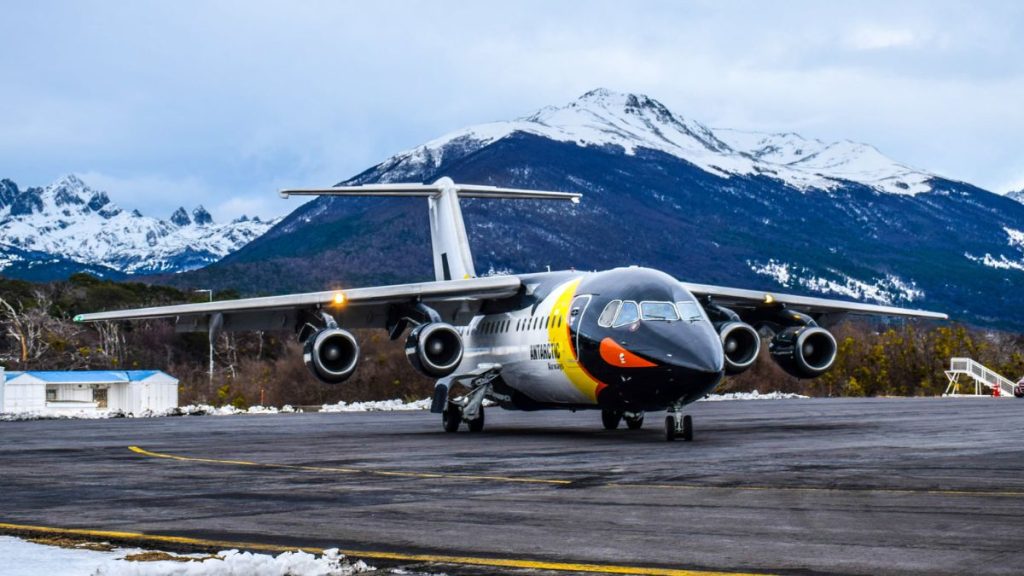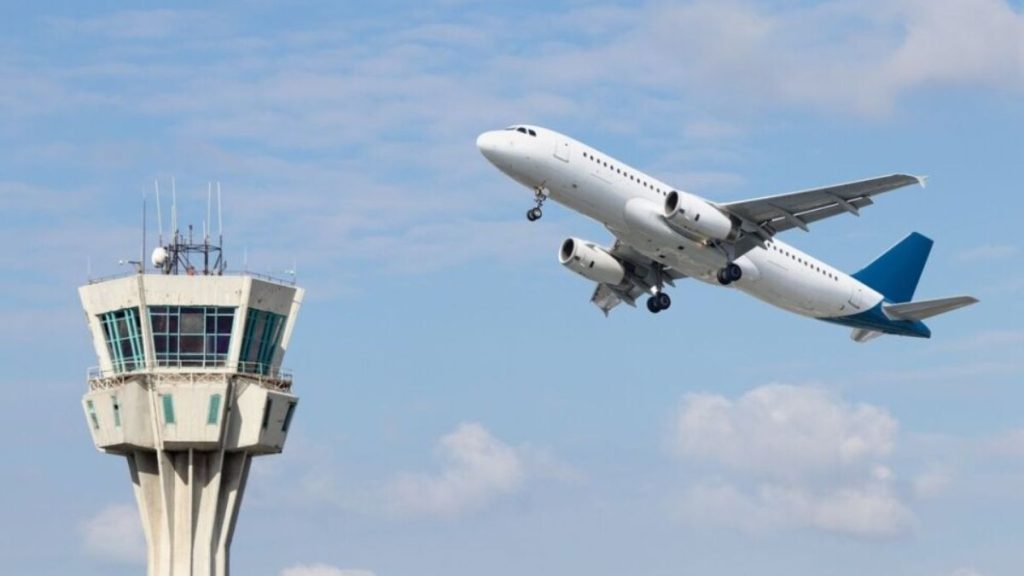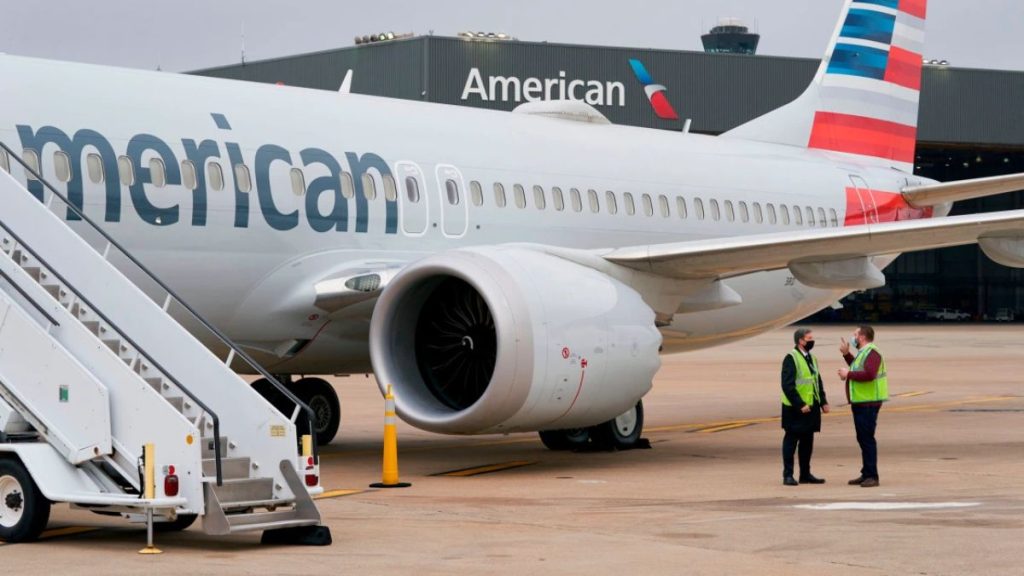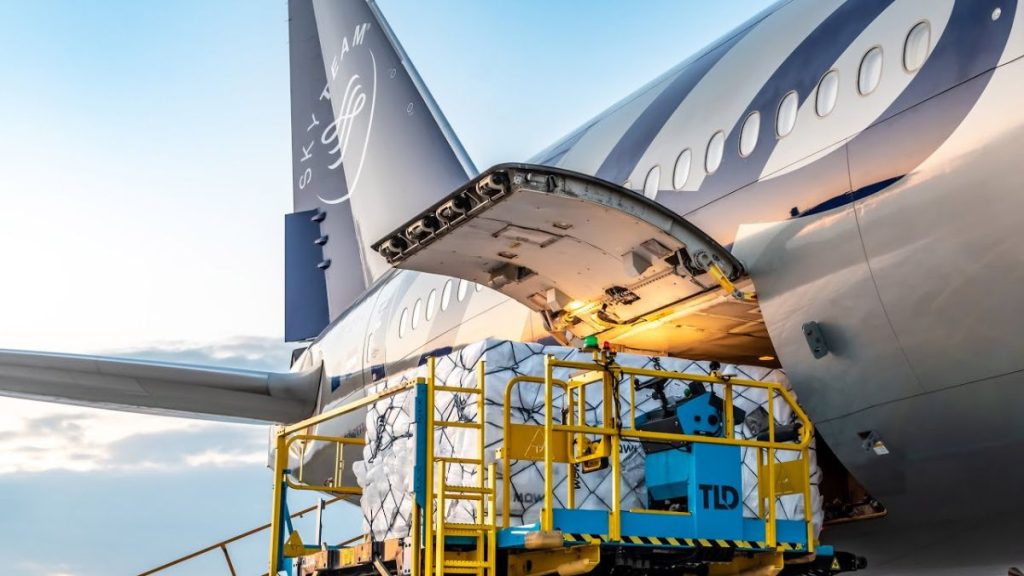ATLANTA – Delta Air Lines (DL) has announced it will end its 34-year nonstop service from New York (JFK) to Brussels (BRU) on January 6, 2026. The decision marks the close of an era for a route that first launched in 1991 and operated almost continuously, aside from a short suspension during the pandemic.
Instead, Delta will reintroduce the Brussels route from its Atlanta (ATL) hub starting March 8, 2026, making it a year-round service from the southern U.S.
Why Delta Is Cutting the Route

Delta executives revealed that Europe was its weakest-performing region during the summer of 2025. Demand patterns shifted significantly, with fewer travelers flying in July and August. Families increasingly prefer June to avoid school conflicts, while solo and premium travelers choose September and October to dodge peak fares and hot weather.
As a result, Delta reported stronger bookings in fall months and weaker yields in the main cabin economy section. By contrast, premium cabins drove strong profits, offsetting the softness in economy demand.
Competitive Pressures in Brussels
Brussels remains an important hub for government and corporate travel. However, Delta faced stiff competition from Lufthansa Group and United Airlines (UA).
- United Airlines operates Newark (EWR)–Brussels flights, strengthening Star Alliance dominance.
- Brussels Airlines provides connectivity within Europe under the Lufthansa umbrella.
- KLM and Air France offer rail-air links through Amsterdam and Paris, redirecting much of the premium traffic.
Delta’s move mirrors its earlier Munich route suspension from New York, another Lufthansa stronghold.
Delta’s Broader Network Adjustments
Delta emphasized that the Brussels cut aligns with its Atlanta hub strategy, which offers broader U.S. connectivity and operational efficiency. By shifting service:
- Travelers from Brussels gain year-round access to the U.S. South.
- Delta leverages its largest hub for more seamless global connections.
- The airline reduces duplication in highly competitive New York–Europe markets.
Interestingly, Delta has avoided launching some New York–Asia routes, such as Tokyo Haneda, leaving the slots to American Airlines. Yet it continues to maintain Frankfurt service despite Lufthansa’s dominance.
Europe’s Changing Travel Season
Delta’s President Glen Hauenstein described Europe as entering a “spread-out demand phase”, with travel seasonality now extending from April through October. While this change reduces midsummer spikes, it helps stabilize operations.
Previously, airlines built fleets and staffing schedules around July–August peaks, leading to inefficiencies in quieter months. Now, more balanced demand allows for smoother resource allocation and steadier staffing.
Premium Travel Leads the Way
Despite weaker economy demand, Delta highlighted record performance in premium cabins:
- Business and premium economy classes delivered the highest revenues per seat.
- Corporate travel sales reached post-pandemic highs in September 2025.
- Loyalty-driven bookings boosted Delta’s financial performance.
Delta reported \$4.7 billion net income in 2024, with loyalty programs contributing significantly beyond ticket revenue.
Financial Metrics Driving Decisions
Delta’s financial data underscore its pivot:
- Cost per available seat mile (CASM): 19.3 cents.
- Passenger revenue per seat mile (PRASM): 17.65 cents.
- Total revenue per seat mile (TRASM): 21.37 cents (boosted by ancillaries).
This balance shows how premium services and loyalty programs cushion weaker yields in the economy section, influencing strategic route decisions like the Brussels shift.
Future Outlook: Atlanta–Brussels Focus
Delta plans to resume Brussels service via Atlanta in March 2026, after a short two-month pause. By anchoring the route at ATL, Delta strengthens its connectivity to major U.S. regions while maintaining its presence in Belgium.
Executives framed the change as part of an adaptive transatlantic strategy:
- Focus on premium demand resilience.
- Match schedules with evolving seasonal travel patterns.
- Lean on strong corporate recovery and loyalty growth.
This ensures Delta remains competitive in Europe while avoiding oversaturation in markets dominated by rivals.
Bottom Line
Delta’s decision to end its New York–Brussels flights after 34 years highlights the airline’s effort to adjust to shifting demand, rising competition, and the evolving nature of transatlantic travel.
For travelers, the direct JFK–Brussels link will disappear after January 2026, but connectivity continues through partners and Delta’s new year-round Atlanta–Brussels route.
The move underscores a broader trend: airlines are no longer chasing volume but are instead prioritizing profitability, premium cabins, and loyalty-driven growth.
FAQs – Delta Air Lines Brussels Route 2026
Q1: When will Delta end its New York–Brussels flights?
Delta will operate its final JFK–Brussels flight on January 6, 2026.
Q2: Will Brussels lose all Delta service?
No. Service resumes from Atlanta (ATL) on March 8, 2026, as a year-round route.
Q3: Why is Delta ending the New York–Brussels route?
The decision reflects weaker summer demand, strong competition from Lufthansa and United, and a pivot to Atlanta for better connectivity and efficiency.
Q4: How did Delta’s European performance influence this change?
Europe was Delta’s weakest-performing region in summer 2025, with economy demand softening, though premium cabins performed strongly.
Q5: What are the travel alternatives after the cut?
Passengers can connect via United (EWR–BRU), Brussels Airlines, KLM through Amsterdam, or Air France through Paris.













